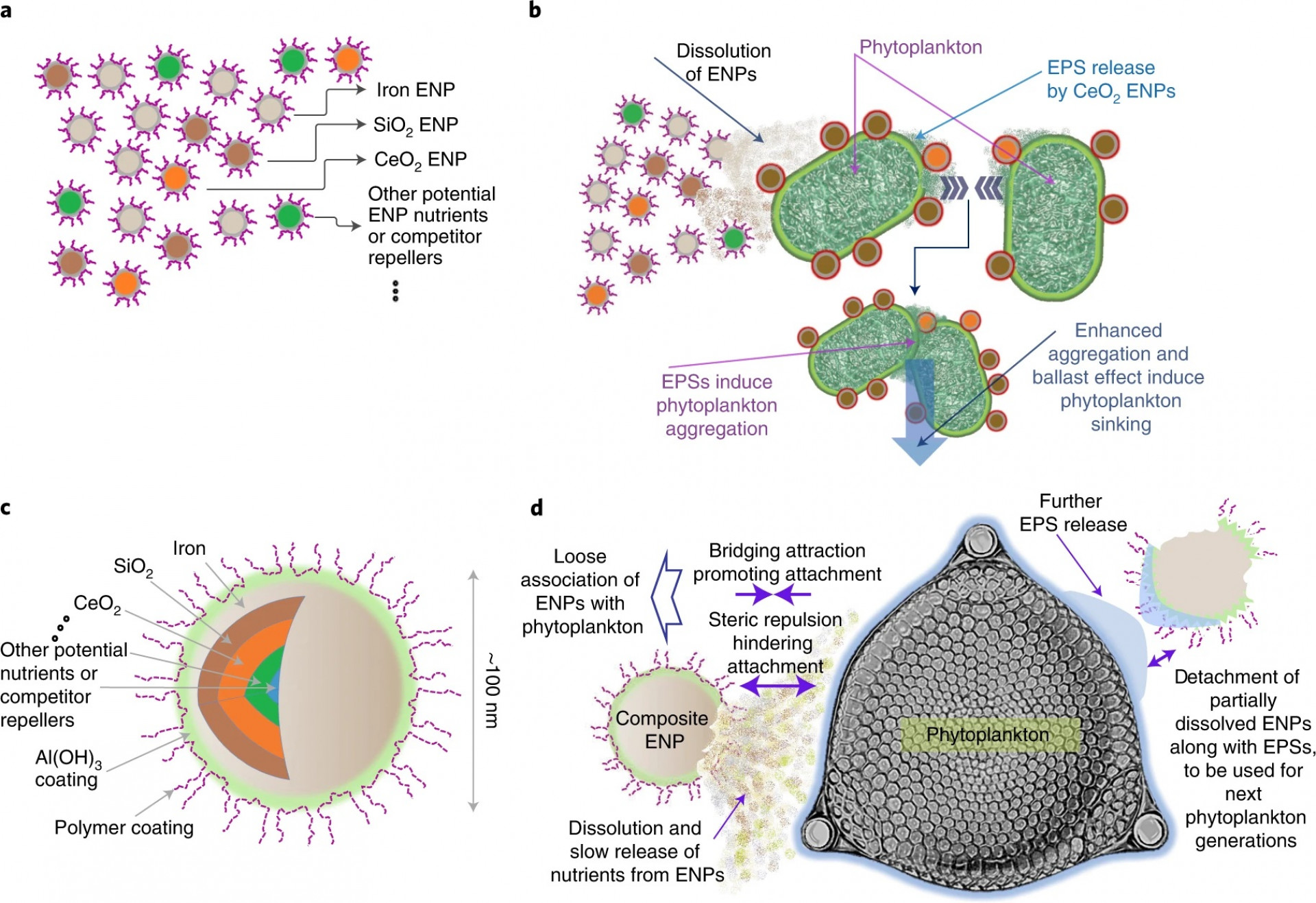Engineered nanoparticles can help phytoplankton kidnap the excess CO2 on Earth

A brief reminder of the ongoing threat
In order to fight the ongoing climate crisis, reducing carbon emissions in just a couple of regions of the world won’t work. We need to lower carbon emissions globally. However, since different countries have different priorities, bringing them on the same page to achieve this goal seems nearly impossible.
For instance, out of 200 countries that participated in COP27, over 80 percent of them failed to update their climate commitments as per the UN deadline.
There is an unignorable trail of broken commitments. Plus, the pandemic and the Russia-Ukraine war have worsened the situation further. Many countries are currently facing energy and food crises, making it difficult for them to focus on their climate goals.
However, we can not keep on delaying our climate actions. There is enough scientific evidence to prove that we may end up witnessing uncontrollable heatwaves, superstorms, droughts, famines, pandemics, and many other never-before-seen calamities.
One of the authors and a geoscientist at PNNL, Michael F. Hochella Jr., said, “At this point, time is of the essence. To combat rising temperatures, we must decrease CO2 levels on a global scale. Examining all our options, including using the oceans as a CO2 sink, gives us the best chance of cooling the planet.”
Engineered nanoparticles can save us

Diagram depicting how ENPs promote phytoplankton growth.
Since phytoplanktons thrive in a human-free habitat and have the capacity to store large amounts of CO2, they are probably one of our best bets for curbing the growing carbon emissions, and the researchers believe they can accelerate the existing carbon fixation mechanism of phytoplankton.



